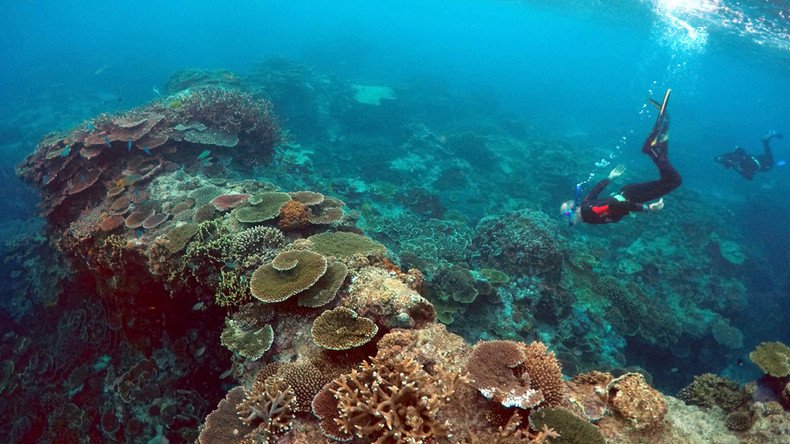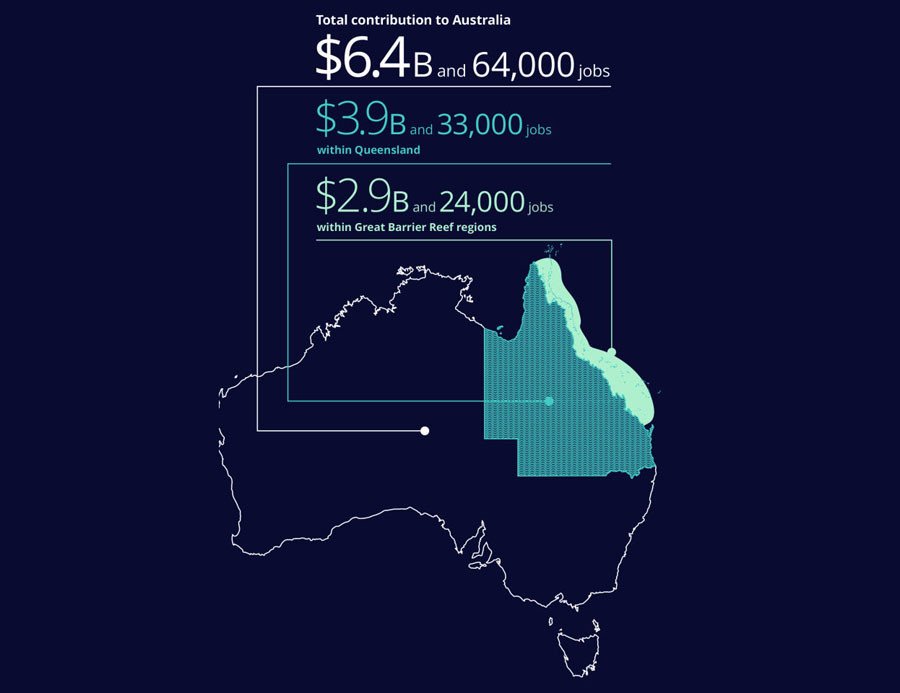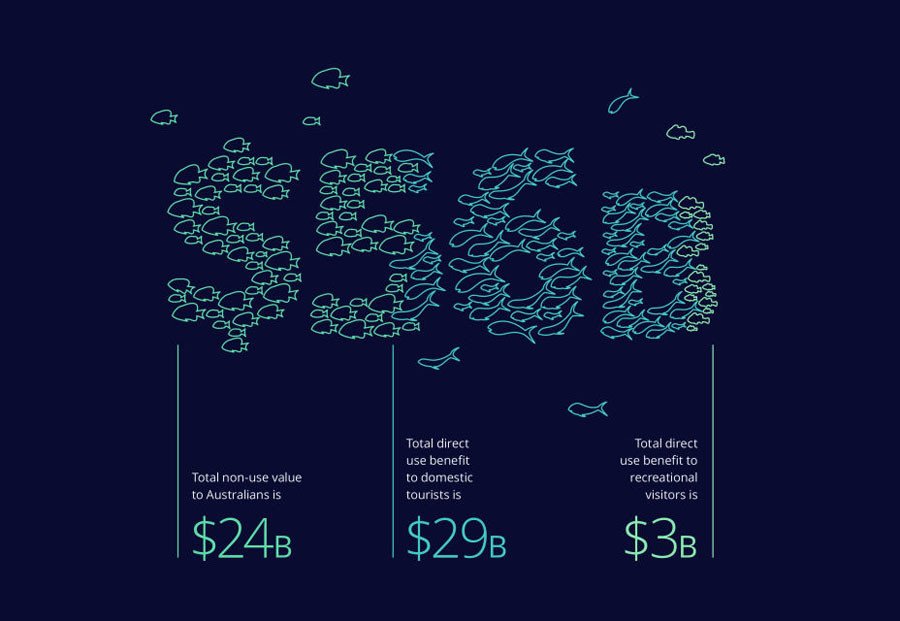World’s largest organic structure now valued at $42.4bn - Deloitte report

The Great Barrier Reef, the largest organic structure on the planet, is a A$56bn (US$42.4bn) asset to the Australian economy according to a new report by Deloitte Access Economics.
The report, commissioned by the Great Barrier Reef Foundation, a charity dedicated to the protection of the UNESCO World Heritage Site, put a monetary value on the reef for the first time.
A number of factors were taken into consideration when attempting to put a dollar value on the natural wonder.

Deloitte analysts examined the reef’s “economic, social and iconic value” as well as its “contribution to the economy through industry value added and employment.”
After totting up the figures, the analysts concluded that the 2,300-kilometer (1,429-mile) reef, which is visible from space, is the biggest contributor to Australia’s national economy and international brand.
“At $29 billion, tourism is the biggest contributor to the Reef’s $56 billion value, followed by $23.8 billion from indirect or non-use value, i.e. those who haven’t yet visited the Reef but value knowing it exists, and its value to recreational users ($3.2 billion) makes up the balance,” Great Barrier Reef Foundation Director Steve Sargent said.

“The Reef added $6.4 billion to the national economy in 2015-16 and supported more than 64,000 full time jobs making it a bigger ‘employer’ than many well-known Australian companies including National Australia Bank, Qantas and Telstra,” he added.
‘Zero prospect of recovery’ for major parts of Great Barrier Reef https://t.co/3ukbcbRGoepic.twitter.com/pOdgDgqZk6
— RT (@RT_com) April 11, 2017
The report stresses the need to protect the barrier reef, which has been severely damaged by an unprecedented amount of coral bleaching for two consecutive years.
Coral bleaching occurs when the “corals are stressed by changes in conditions such as temperature, light, or nutrients, they expel the symbiotic algae living in their tissues, causing them to turn completely white.”












